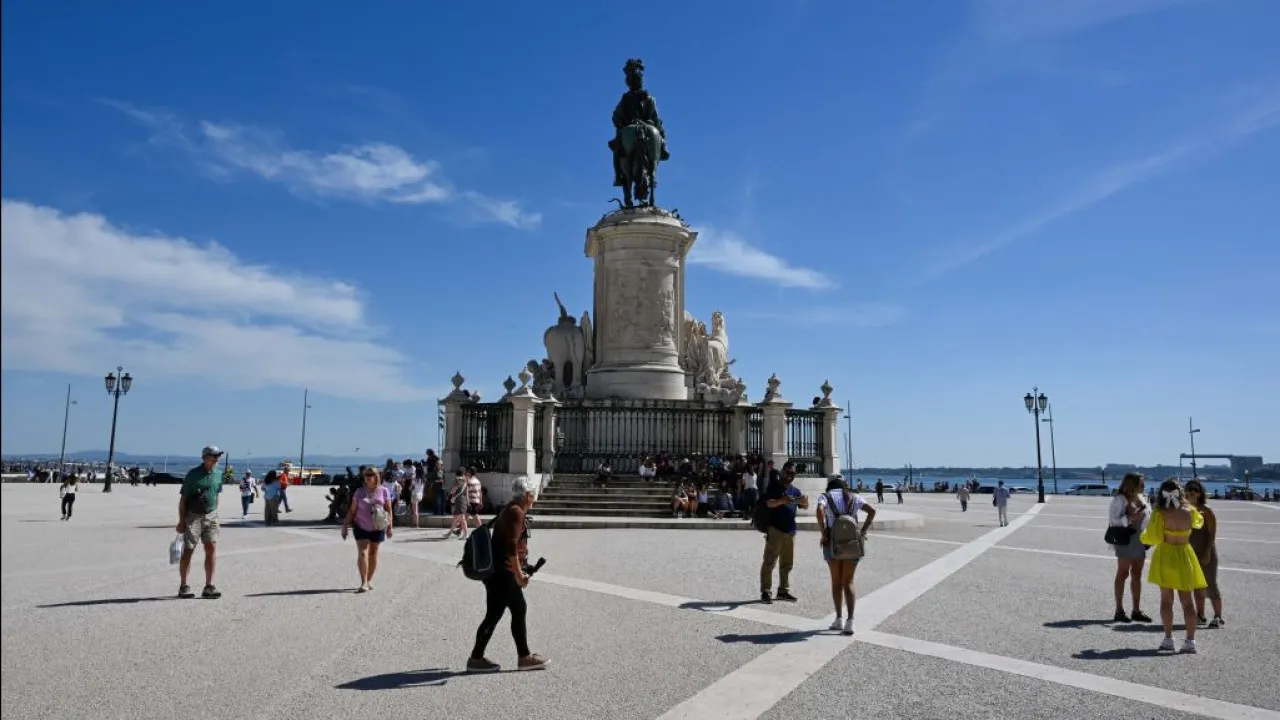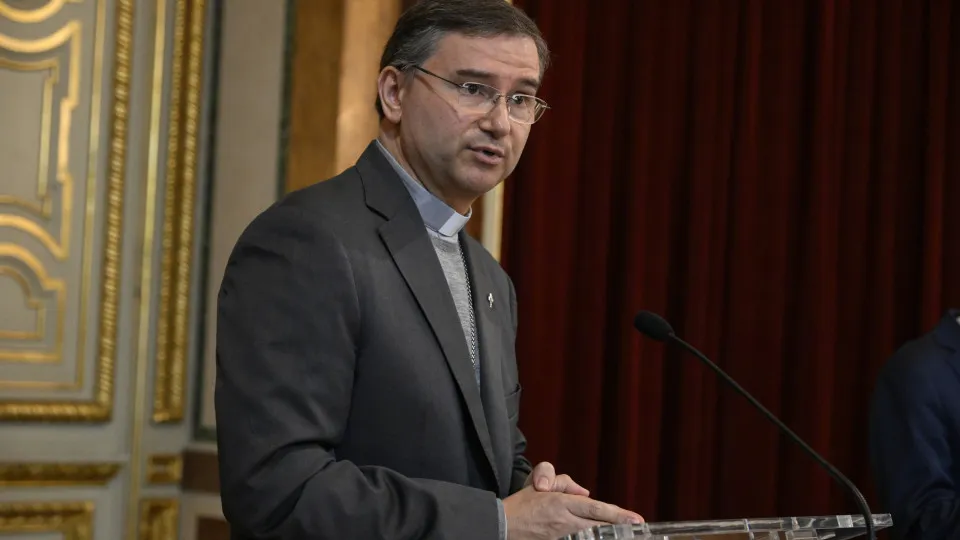The Council of Ministers approved this Thursday the creation of the Portuguese Agency for Minorities, Migrations and Asylum (APMMA), which will replace the Foreigners and Borders Service (SEF) after its extinction, as well as the High Commission for Migrations.
“The Council of Ministers today approved the creation of the Portuguese Agency for Minorities, Migration and Asylum (APMMA), which will replace the Foreigners and Borders Service (SEF) and the High Commission for Migrations in matters of reception and migration,” announced the Minister of the Presidency, Mariana Vieira da Silva.
The APMMA will receive 680 employees from the SEF, and the renewal of residence permits will remain with the Institute of Registration and Notarial Affairs (IRN).
“This new agency will integrate the High Commission for Migrations, aiming to respond to the various challenges of inclusion and integration of migrants in Portugal. The transition process of APMMA will be completed in the next six months,” said the Minister of State and Parliamentary Affairs, Ana Catarina Mendes.
The Council of Ministers also approved the Decree-Law that will regulate the transitional regime for SEF workers.
According to Mariana Vieira da Silva, the aim of the scheme is to guarantee the rights of the workers of this extinct security service and to ensure “the transition of careers and the repositioning of salaries”.
During the press conference after the Council of Ministers, the Minister of Internal Administration considered that with this diploma, the government responds to the main concerns and demands of the security forces.
“We have achieved what was one of the main objectives of this reform, which was to ensure our contribution to the area of freedom, security and justice, which is the Schengen area,” he says.
According to José Luís Carneiro, this reorganization “guarantees more secure national borders, since it will now count on the GNR personnel at sea and land borders, on the PSP personnel at national air borders, and on the PJ contribution in the fight against crimes related to illegal immigration and trafficking in human beings”.
According to José Luís Carneiro, the operationalization transition process that is now beginning will last for six months, “which means that all aspects of police cooperation between the SEF, PSP, GNR and PJ will remain valid during this transition period until its completion.
“After the six months, all these elements will be operationalized according to the new legal structure,” he added.
According to the Minister, at the end of these six months, there will be another one-year period during which SEF personnel will support the PSP and GNR at the borders, “transferring knowledge to the security forces. This period can be extended, but in the second year only 50% of the staff will remain. “At the end of this transition, all will join the PJ,” he explained.SEF inspectors were to have begun a five-day strike this Thursday, but the union decided today to suspend the strike, which was scheduled to last until the 10th of next month.
Additional meetings are currently being held with the Ministry of the Interior to reach a possible agreement on the placement, functions and pay of inspectors after the disappearance of the SEF.
The president of SINSEF, the union representing non-police workers, says that the process has just begun and that what is more important than the legislation is how it will be put into practice.
The restructuring of the SEF was decided by the previous government, the second led by António Costa, and approved by Parliament in November 2021, after having been postponed twice since then.
There are currently about 900 inspectors and 700 non-police officers.
c/Lusa








